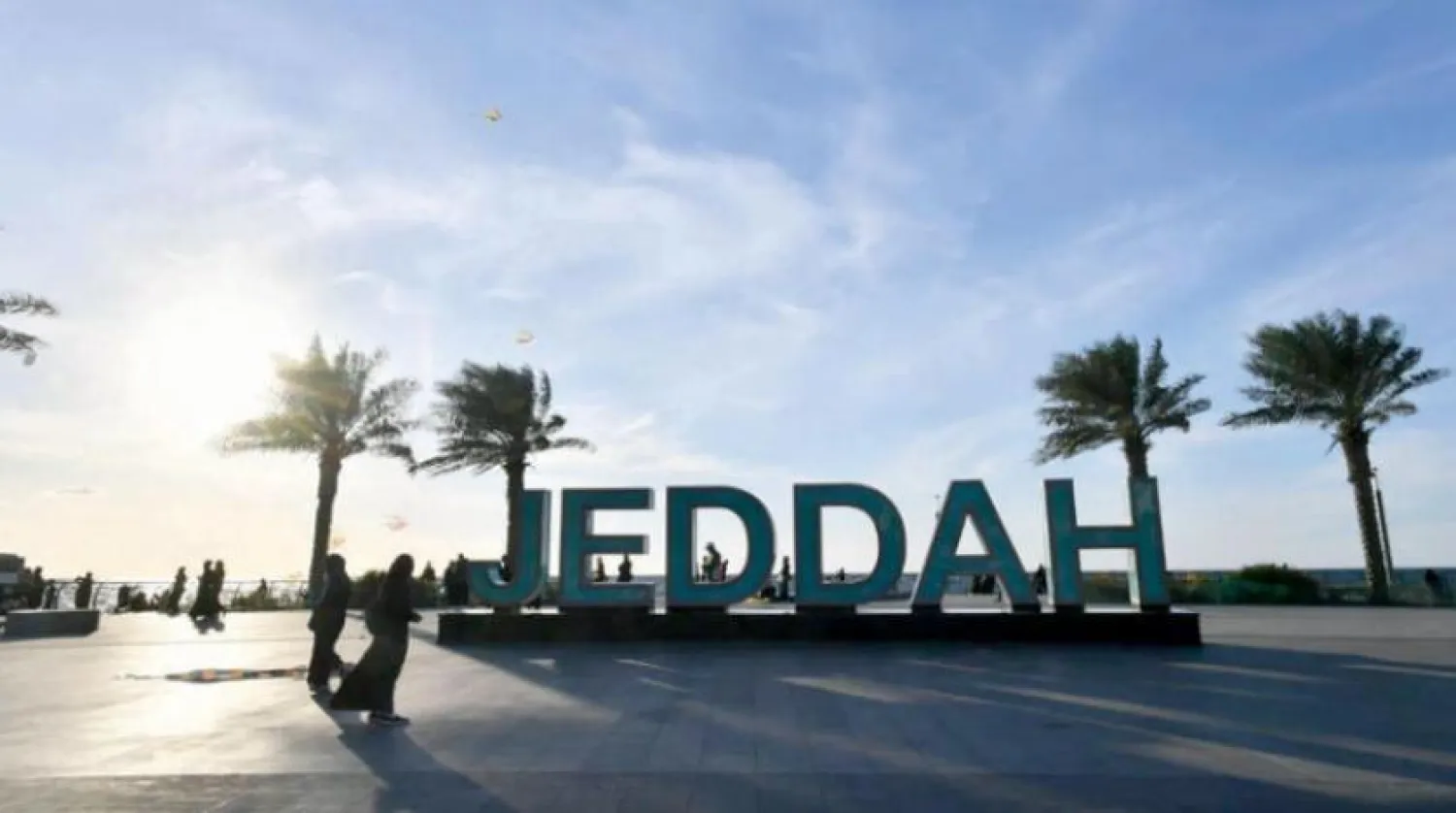Revamping tourism in Saudi Arabia is a priority in the process of restoring normalcy post the damage that hit the sector globally due to the COVID-19 pandemic.
Not taking long after lockdown has been lifted, Saudi Arabia launched its summer 2020 tourism program, dubbed Tanaffas (Arabic for breathe), amid solid preventative measures that ensure entertainment and safety.
The Director General of the Tourism Information and Research Center in Saudi Arabia, Hassan Jannah, in a press update on the developments regarding the novel coronavirus, revised hotel occupancy rates during the Saudi summer season.
Jannah cited an increase in hotel occupancy rates in the 10 tourism destinations set by Saudi Arabia during the first two weeks of launching the summer season on June 25.
Hotel occupancy rates stood at 36%, which Jannah said was expected given that life has barely started returning to normal.
According to Jannah, the regions of Asir and al-Baha witnessed the greatest reception of visitors whereby some hotels in those regions recorded a whopping 80% occupancy rate.
“This reflects the desire of tourists to visit al-Baha and Asir regions and enjoy their beautiful climate this time of year,” Jannah said.
Nevertheless, the number of hotel rooms in al-Baha and Asir constitute only 10% of the total rooms in the 10 designated tourism hotspots and therefore have a limited affect over the overall hotel occupancy rate, Jannah added.









